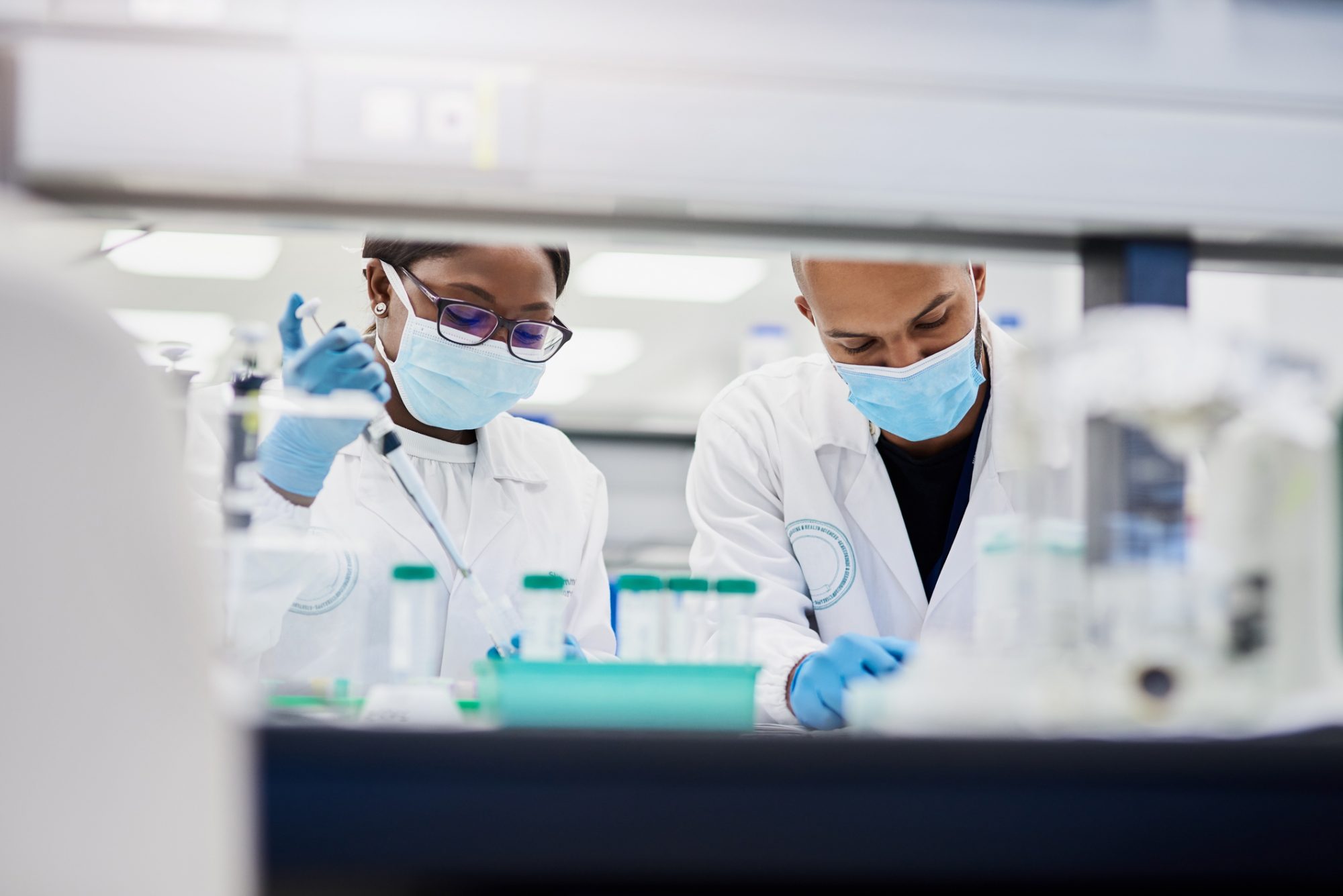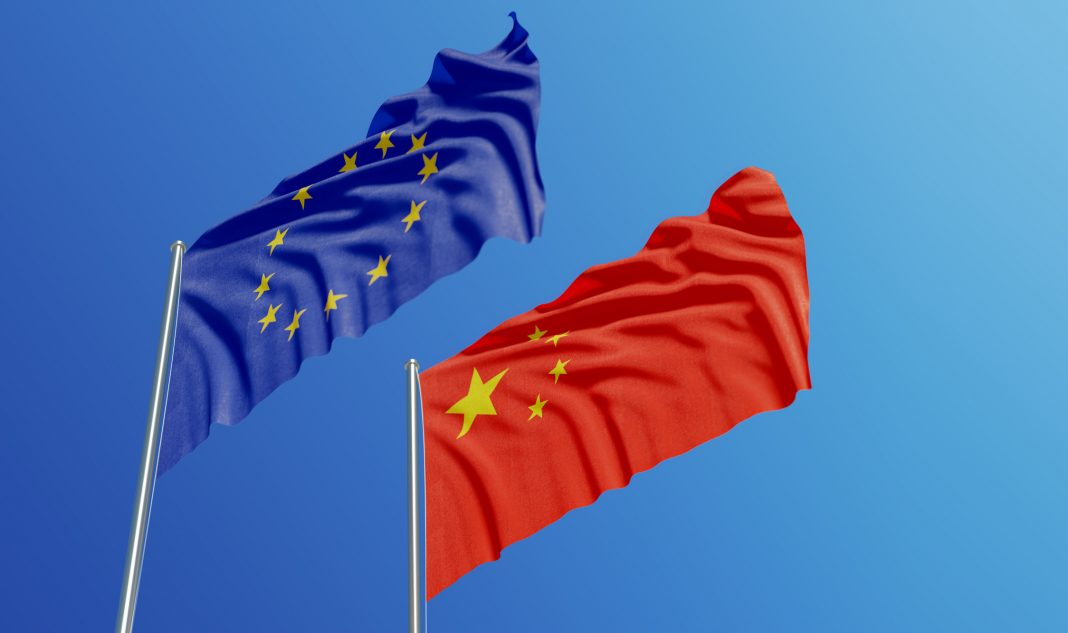Tailoring care to meet patients’ needs can dramatically improve clinical outcomes; we hear how the IC2PerMed project is bolstering efforts in personalised medicine
Over the past twenty years, personalised medicine (PM) has shown the potential to transform healthcare by tailoring prevention, diagnosis, and therapies to meet individuals’ needs. PM uses genotypic, phenotypic, and environmental data to adapt healthcare interventions, resulting in improved health outcomes.(1) It also aims to improve the efficacy of medications and therapeutic strategies by moving away from the ‘one-size-fits-all’ approach.
‘Integrating China in the International Consortium for Personalised Medicine’ (IC2PerMed) is a coordination and support action of the International Consortium for Personalised Medicine (ICPerMed) funded by EU Horizon 2020. The initiative aims to foster common approaches between the People’s Republic of China and the EU on PM research, development, innovation, and policies, therefore promoting long-term EU-China research collaboration.(2)
Methodology of the IC2PerMed project
Initially, researchers conducted a mapping-based analysis of policies and initiatives within the European Union (EU) and China to determine the project’s priorities in PM.(3) Workshops addressed vital topics, including awareness and empowerment, shaping sustainable healthcare, big data, and ICT solutions, bringing innovation to market, and translating basic to clinical research.
These workshops identified key priorities validated by Delphi surveys. The questionnaire was developed in English and then translated into Chinese; bilingual moderators were also present to facilitate participant communication. The study results were published in both English and Chinese, and validated priorities were subsequently collected to compose the IC2PerMed roadmap for future collaboration between the EU and China.
Results of the IC2PerMed project
Even if the importance of PM is widely recognised, several barriers hinder its implementation, such as a need for more literacy on the topic.(4) To ensure that patients receive the most appropriate treatment and care, it is essential that healthcare professionals have sufficient knowledge of personalised medicine, as this will aid their decision-making. Efforts should therefore be made to provide healthcare professionals with education and training to enhance their knowledge and skills.
Additionally, efforts should be directed towards promoting the deliberate use of novel ‘omics’ technologies and providing accurate information to users to increase citizens’ understanding of the topic.(5,6,7,8) Investment in R&D to support market innovations heavily depends on research and innovation actors adopting them; this is more common when corporate stakeholders are involved.
Stakeholders in PM should connect to support new technologies, particularly in implementing Health Technology Assessment (HTA). Advancing research projects and focusing on Machine Learning algorithms and their applications in the domains of rare illnesses and cancer might help build worldwide investigative standards and procedures.
This close interdependence between diagnostics and therapeutics is also reflected in the most recent updates by the World Health Organization regarding the coding of healthcare reimbursement,(9) creating a favourable environment for implementing PM tools and practices. It is essential to establish a regulatory framework that ensures PM safety and efficacy while promoting their accessibility and affordability.
This can be achieved through intersectoral multi-stakeholder collaborations with regulatory authorities, industry stakeholders, and patient representatives to develop transparent and consistent data collection, analysis, and share standards across borders, paying attention to ethical and legal issues.(10) Finally, it is essential to establish clear guidelines and regulations facilitating data sharing for research purposes.

Promoting Sino-EU cooperation for further research
The IC2PerMed project has thoroughly analysed existing policies and opportunities for alignment while involving experts and creating a roadmap for integrating China into ICPerMed. However, this integration should not be regarded as finalised; the produced work only laid the foundations for future initiatives.
Furthermore, the EU and China have expressed interest in PM and an understanding of the value of collaboration. With the findings obtained and collected in the roadmap, the initiative aims to promote Sino-EU cooperation for further research in the area.
Authors
- Marzia Di Marcantonio – Faculty of Economics, Università Cattolica del Sacro Cuore, Rome, Italy.
- Flavia Beccia, Francesco Andrea Causio, Chiara Cadeddu, Tommaso Osti, Sara Farina, Cosimo Savoia, Alessandra Maio, Luigi Russo, Stefania Boccia, Walter Ricciardi – Section of Hygiene, Department of Life Sciences and Public Health, Università Cattolica del Sacro Cuore, Rome, Italy
References
- Council conclusions on personalised medicine for patients (2015/C 421/03). [cited 2021 Oct 18]; Available from: https://eur-lex.europa.eu/legal-content/EN/TXT/PDF/?uri=CELEX:52015XG1217(01)
- Morsella, A., Cadeddu, C., Castagna, C., Hoxhaj, I., Sassano, M., Wang, C. M., … & Ricciardi, W. (2021). “Integrating China in the International Consortium for Personalized Medicine”: The Coordination and Support Action to Foster Collaboration in Personalized Medicine Development between Europe and China. Public Health Genomics, 24(5-6), 310-314.
- Beccia, F., Hoxhaj, I., Castagna, C., Strohäker, T., Cadeddu, C., Ricciardi, W., & Boccia, S. (2022). An overview of Personalized Medicine landscape and policies in the European Union. European Journal of Public Health, 32(6), 844-851.
- Bombard, Y., Rozmovits, L., Trudeau, M., Leighl, N. B., Deal, K., & Marshall, D. A. (2015). The value of personalizing medicine: medical oncologists’ views on gene expression profiling in breast cancer treatment. The Oncologist, 20(4), 351-356.
- Sassano, M., Calabrò, G. E., & Boccia, S. (2021). A web screening on educational initiatives to increase citizens’ literacy on genomics and genetics. Frontiers in Genetics, 12, 637438.
- Saboga-Nunes, L. A., Bittlingmayer, U. H., Okan, O., & Sahrai, D. (2021). New Approaches to Health Literacy. Springer Fachmedien Wiesbaden.
- Calabrò, G. E., Sassano, M., Moccia, F., Gaudioso, A., Ricciardi, W., & Boccia, S. (2021). Citizens’ knowledge and educational needs in the omics sciences field: results from an Italian survey. European Journal of Public Health, 31(Supplement_3), ckab165-295.
- Chapman, R., Likhanov, M., Selita, F., Zakharov, I., Smith- Woolley, E., & Kovas, Y. (2019). New literacy challenge for the twenty-first century: genetic knowledge is poor even among well educated. Journal of community genetics, 10, 73-84.
- World Health Organization. (2020). Diagnostics, therapeutics, vaccine readiness, and other health products for COVID-19: a module from the suite of health service capacity assessments in the context of the COVID-19 pandemic: interim guidance, 20 October 2020 (No. WHO/2019-nCoV/HCF_assessment/Products/2020.1). World Health Organization.
- Causio, F. A., Hoxhaj, I., Beccia, F., Marcantonio, M. D., Strohäker, T., Cadeddu, C., … & Boccia, S. (2022). Big data and ICT solutions in the European Union and in China: A comparative analysis of policies in personalized medicine. Digital Health, 8, 20552076221129060.

This work is licensed under Creative Commons Attribution-NonCommercial-NoDerivatives 4.0 International.


